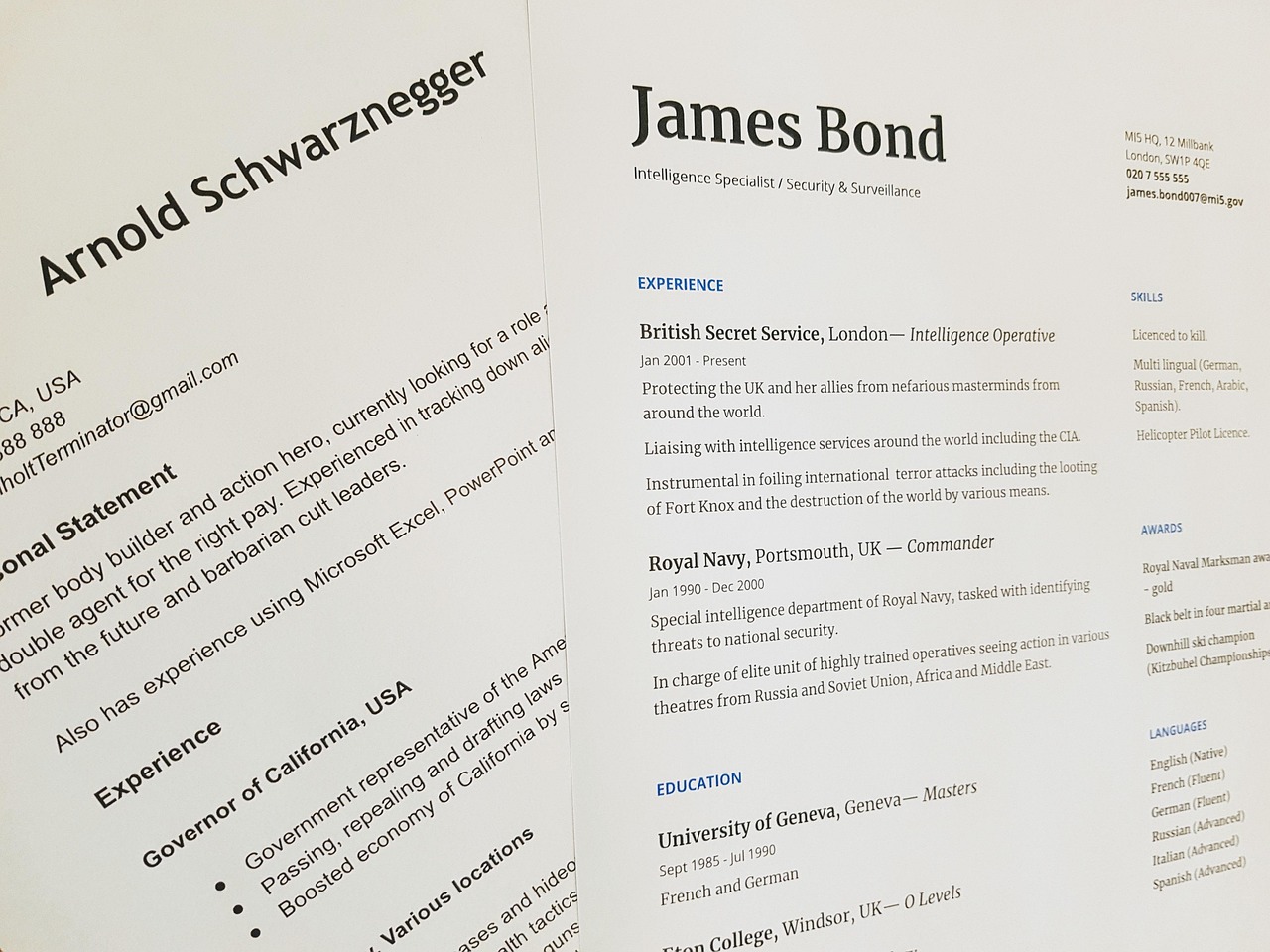Careers in Aviation: Roles, Salaries, and Training Paths
Airports are complex hubs employing thousands of professionals across diverse fields, from ground operations and customer service to security, maintenance, and management. Understanding the variety of roles available, typical compensation structures, and training requirements can help individuals make informed decisions about pursuing careers in this dynamic sector.

The aviation industry supports millions of jobs worldwide, with airports serving as central employment hubs. Roles within airport operations span technical, administrative, safety, and customer-facing positions. Whether you’re considering a career change or entering the workforce for the first time, understanding the landscape of airport employment can provide valuable direction.
What Career Paths and Roles Exist in Airport Operations?
Airport operations encompass a wide range of professional categories. Ground handling staff manage baggage loading, aircraft marshaling, and cargo operations. Customer service representatives assist passengers with check-in, boarding, and inquiries. Security personnel screen passengers and luggage, ensuring compliance with safety regulations. Maintenance technicians service aircraft, vehicles, and airport infrastructure. Air traffic controllers coordinate flight movements, while administrative staff handle scheduling, human resources, and facility management. Retail and food service employees operate shops, restaurants, and duty-free outlets within terminals. Each role requires specific skills, certifications, and training levels, creating opportunities for individuals with varied backgrounds and educational qualifications.
What Are Average Salaries in the Airport Sector for 2025?
Compensation in airport roles varies significantly based on position, experience, location, and employer. Entry-level positions such as baggage handlers or customer service agents typically earn hourly wages ranging from minimum wage to moderate levels depending on regional standards. Specialized technical roles like aircraft maintenance technicians and air traffic controllers command higher salaries due to certification requirements and responsibility levels. Security personnel earnings fall in the mid-range, while management and administrative positions offer salaries commensurate with experience and scope of responsibility. Geographic location plays a substantial role, as airports in major metropolitan areas or high-cost regions generally offer higher compensation packages. Additionally, unionized positions may include benefits such as health insurance, retirement plans, and paid leave, which add considerable value beyond base salary figures.
It is important to note that salary information represents general trends and estimates. Actual compensation depends on numerous factors including employer policies, individual qualifications, and market conditions. Prospective employees should research specific opportunities and consult current job postings for accurate information.
| Role Category | Typical Employer Type | Estimated Annual Salary Range (USD) |
|---|---|---|
| Baggage Handler | Ground Handling Company | 25,000 - 35,000 |
| Customer Service Agent | Airline or Airport Authority | 28,000 - 42,000 |
| Security Screener | Security Contractor | 30,000 - 45,000 |
| Aircraft Maintenance Technician | Airline or MRO Facility | 50,000 - 75,000 |
| Air Traffic Controller | Government Aviation Authority | 70,000 - 140,000 |
| Airport Operations Manager | Airport Authority | 60,000 - 95,000 |
Prices, rates, or cost estimates mentioned in this article are based on the latest available information but may change over time. Independent research is advised before making financial decisions.
How Can You Start Professional Training in Airport Roles?
Entering the airport workforce often requires specific training, certifications, or educational credentials depending on the desired position. Entry-level roles such as customer service or ground handling may require only a high school diploma and on-the-job training provided by the employer. Security positions typically mandate background checks, completion of security training programs, and certification by relevant aviation authorities. Technical roles like aircraft maintenance require formal education through vocational schools, community colleges, or specialized aviation institutes, culminating in certifications such as Airframe and Powerplant licenses. Air traffic controllers must complete rigorous training programs offered by government aviation agencies, often requiring college degrees and passing competitive examinations.
Many airports and airlines offer apprenticeship programs, internships, or entry-level positions that provide pathways to advancement. Community colleges and technical schools frequently partner with aviation employers to design curricula aligned with industry needs. Online courses and certification programs are also available for roles such as airport management, aviation safety, and customer service excellence. Prospective employees should research requirements for their target positions early and pursue relevant education or training accordingly.
What Skills and Qualities Support Success in Airport Careers?
Successful airport employees typically demonstrate strong communication skills, attention to detail, and the ability to work under pressure. Customer-facing roles require patience, problem-solving abilities, and cultural sensitivity given the diverse passenger populations. Technical positions demand precision, mechanical aptitude, and adherence to safety protocols. Security roles require vigilance, integrity, and the ability to follow strict procedures. Physical stamina is important for many ground operations roles, which may involve lifting, standing for extended periods, or working outdoors in varying weather conditions. Flexibility in scheduling is often necessary, as airports operate around the clock, requiring shift work including nights, weekends, and holidays.
Conclusion
Airport employment offers diverse opportunities across skill levels and professional interests. From customer service and security to technical maintenance and air traffic control, the sector provides pathways for individuals seeking stable careers in a dynamic environment. Understanding role requirements, typical compensation structures, and training pathways enables informed career planning. As the aviation industry continues to evolve, airport jobs remain integral to global connectivity and economic activity, offering meaningful work for those prepared to meet the sector’s demands.




